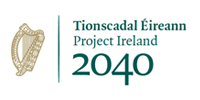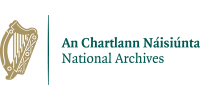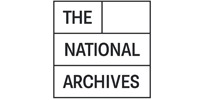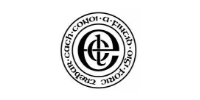Technical Resources
This page provides information about resources and research publications aimed at advanced technical users of the Knowledge Graph for Irish History
Ontology
- Concepts and Relationships used to describe the data.
SPARQL Endpoint
- The VRTI Knowledge Graph has a query interface that allows humans and software applications to pose user specified queries upon it using a technical language called SPARQL (https://www.w3.org/TR/sparql11-query/), and with reference to the vocabulary used to describe particular properties (See Ontology link above).
Link: https://virtuoso.virtualtreasury.ie/sparql
Why not try it out yourself? Copy and paste either of the queries below
Links in results shown are clickable!
Sample People Query
# EXAMPLE QUERY TO LOOK UP INFORMATION ASSOCIATED WITH Arthur Annesley with unique identifier of https://kg.virtualtreasury.ie/person/Annesley_Arthur_c17/v15gm6c
PREFIX crm: <http://erlangen-crm.org/current/>
PREFIX vrti: <https://www.w3id.org/VRTI/ontology#>
PREFIX foaf: <http://xmlns.com/foaf/0.1/>
PREFIX owl: <http://www.w3.org/2002/07/owl#>
PREFIX rdfs: <http://www.w3.org/2000/01/rdf-schema#>
PREFIX wd: <http://www.wikidata.org/entity/>
PREFIX wdt: <http://www.wikidata.org/prop/direct/>
PREFIX schema: <http://schema.org/>
SELECT ?Person ?Property ?Value WHERE {
<https://kg.virtualtreasury.ie/person/Annesley_Arthur_c17/v15gm6c> ?Property ?Value.
BIND (<https://kg.virtualtreasury.ie/person/Annesley_Arthur_c17/v15gm6c> AS ?Person)
} LIMIT 10
Sample Places Query
# EXAMPLE QUERY TO LOOK UP INFORMATION ASSOCIATED WITH Esker, Co. Dublin with unique identifier of https://kg.virtualtreasury.ie/place/present-day/parish/Esker/v1b5x2r
PREFIX crm: <http://erlangen-crm.org/current/>
PREFIX vrti: <https://www.w3id.org/VRTI/ontology#>
PREFIX foaf: <http://xmlns.com/foaf/0.1/>
PREFIX owl: <http://www.w3.org/2002/07/owl#>
PREFIX rdfs: <http://www.w3.org/2000/01/rdf-schema#>
PREFIX wd: <http://www.wikidata.org/entity/>
PREFIX wdt: <http://www.wikidata.org/prop/direct/>
PREFIX schema: <http://schema.org/>
SELECT ?Place ?Property ?Value WHERE {
<https://kg.virtualtreasury.ie/place/present-day/parish/Esker/v1b5x2r> ?Property ?Value.
BIND (<https://kg.virtualtreasury.ie/place/present-day/parish/Esker/v1b5x2r> AS ?Place)
} LIMIT 10Publications
| Date | Author | Title | Detail | Link | Tag |
|---|---|---|---|---|---|
| 2024 | Beyza Yaman, Lucy McKenna, Alex Randles, Lynn Kilgallon, Peter Crooks, Declan O'Sullivan | Digital Prosopography Information in Virtual Record Treasury of Ireland Knowledge Graph | Presented at SemDH’24: The First International Workshop on Semantic Digital Humanities, May 28, 2024, Crete, Greece. | https://semdh.github.io/assets/papers/SemDH-paper-14.pdf | Computer Science |
| 2024 | Alex Randles, Lucy McKenna, Lynn Kilgallon, Beyza Yaman, Peter Crooks, Declan O'Sullivan | The Knowledge Graph Explorer for the Virtual Record Treasury of Ireland | Proceedings of VOILA 2024: The 9th International Workshop on the Visualization and Interaction for Ontologies, Linked Data and Knowledge Graphs, co-located with the 23rd International Semantic Web Conference (ISWC 2024), Baltimore, USA, November 11-15. CEUR Workshop Proceedings (CEUR-WS.org) | https://ceur-ws.org/Vol-3773/paper4.pdf | Computer Science |
| 2024 | Alex Randles, Lucy McKenna, Lynn Kilgallon, Beyza Yaman, Peter Crooks, Declan O'Sullivan | Evaluating the Knowledge Graph Editor of the Virtual Record Treasury of Ireland | Proceedings of VOILA 2024: The 9th International Workshop on the Visualization and Interaction for Ontologies, Linked Data and Knowledge Graphs, co-located with the 23rd International Semantic Web Conference (ISWC 2024), Baltimore, USA, November 11-15. CEUR Workshop Proceedings, Vol-3773. | https://ceur-ws.org/Vol-3773/paper5.pdf | Computer Science |
| 2024 | Alex Randles, Lucy McKenna, Lynn Kilgallon, Beyza Yaman, Peter Crooks, Declan O'Sullivan | Facilitating Search of the Virtual Record Treasury of Ireland Knowledge Graph using ChatGPT | Proceedings of the 20th International Conference on Semantic Systems (SEMANTiCS 2024), Amsterdam, Netherlands. CEUR Workshop Proceedings, Vol-3759. | https://ceur-ws.org/Vol-3759/paper15.pdf | Computer Science |
| 2022 | Christophe Debruyne, Gary Munnelly, Lynn Kilgallon, Declan OSullivan, Peter Crooks | Creating a knowledge graph for Irelands lost history: knowledge engineering and curation in the Beyond 2022 Project | ACM Journal on Computing and Cultural Heritage 15:2 (2002) | https://doiorg/101145/3474829 | Computer Science |
| 2021 | Vuong M Ngo, Gary Munnelly, Fabrizio Orlandi, Peter Crooks, Declan O’Sullivan, Owen Conlan | A semantic search engine for historical handwritten document images | In: G. Berget, M.M. Hall, D. Brenn, S Kumpulainen(eds), Linking Theory and Practice of Digital Libraries TPDL 2021 Lecture Notes in Computer Science (vol 12866) Springer: Cham, 2021 | https://linkspringercom/chapter/101007/978-3-030-86324-1_7 | Computer Science |
| 2020 | Christophe Debruyne | Mining for connections in the records: knowledge graphs in Beyond 2022 | Archive Fever 12 (May 2020) | - | Computer Science |

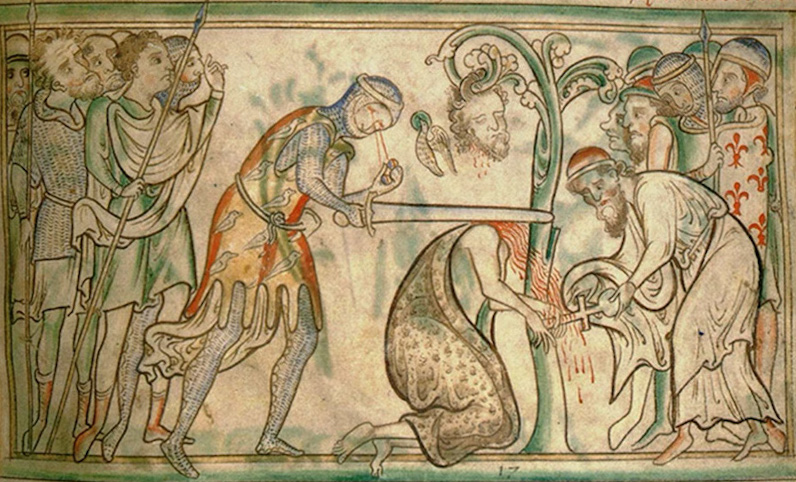

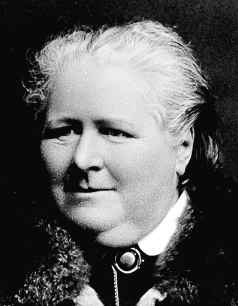

.jpg)















